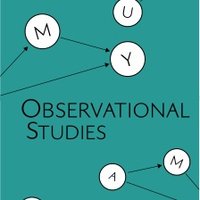
Ian Shrier
@ianshrier
Sport medicine physician with research interests in synthesizing information, decision making and injury treatment/prevention. Activity is an exercise in fun!
ID: 2954776299
http://www.savoir-faire-consultants.com/ 01-01-2015 13:47:32
77 Tweet
562 Followers
8 Following


















